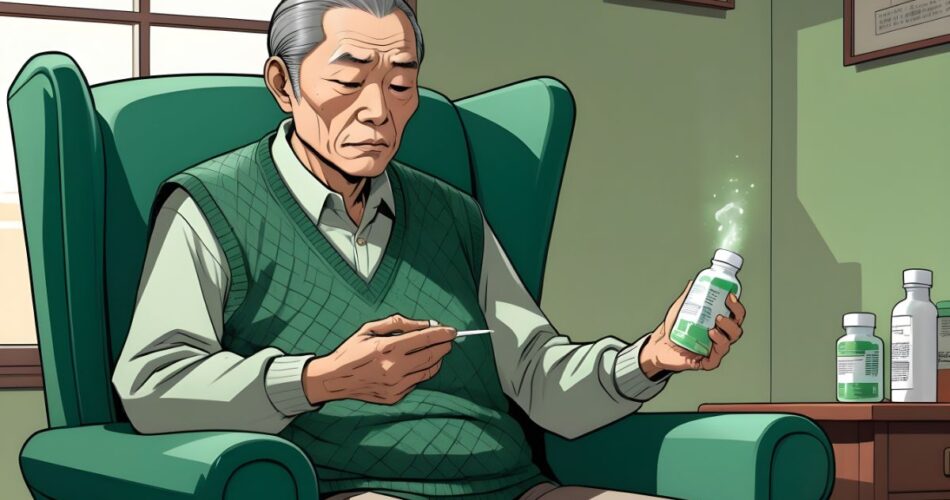Keeping bones healthy is very important for older adults. It’s all about staying mobile and enjoying life to the fullest. Osteoporosis, fractures, and general bone weakness can really slow someone down.
Seniors often need some help keeping their bones strong. There are two main ways: medication and lifestyle changes. Deciding which route to take isn’t always easy, especially in senior living homes where there’s a fine line between medical care and just feeling good overall.
The Role of Medication
Medicines are key in tackling bone issues like osteoporosis. Doctors often go for bisphosphonates, calcitonin, and SERMs to help slow down bone loss and improve bone density. Bisphosphonates stand out because they stop the cells that break bones from doing their job.
These medications can really cut down on fractures and boost overall bone health. But there’s a catch – side effects like stomach pain, muscle aches, or even rare jaw problems might pop up. Also, sticking to when these need to be taken can get tricky for seniors juggling lots of pills or those who sometimes forget.
Even with these hurdles, medication is important for keeping older adults’ bones strong, particularly for those with advanced osteoporosis or significant fracture risk.
The Impact of Lifestyle Changes
Switching up lifestyles can really boost bone health in a natural way. It’s all about eating right, staying active, and living well. Foods packed with calcium and vitamin D are great for bones. Activities like walking, dancing, or lifting weights keep bones strong by promoting growth.
It also helps to cut back on smoking and not overdo it with alcohol to avoid losing more bone mass. This approach not only strengthens bones but also improves overall well-being. That means seniors get to enjoy being more active. However, making these changes isn’t always easy, particularly for seniors with limited mobility or those unfamiliar with proper nutrition and exercise techniques.
Combining Medication and Lifestyle Changes
Combining medications with lifestyle changes can yield the best results for senior bone health. Medications tackle issues like osteoporosis head-on, giving quick help. At the same time, changes in how one lives keep building on those benefits. This two-pronged plan covers all bases, cutting down fracture risks and helping seniors live longer, healthier lives.
Imagine someone dealing with osteoporosis. They’re taking bisphosphonates but also get moving with exercises that put a little pressure on their bones and eat lots of calcium-packed foods. By doing both, not only do they shore up bone density, but overall health gets a boost, too! This means staying active and living life independently becomes much easier.
Conclusion
Keeping bones healthy as we age is complex. It’s not just about popping pills for osteoporosis or other bone issues. Sure, medications help fast, but changing how one lives plays a big part, too. Together, they pack the best punch for strong bones and good health.

